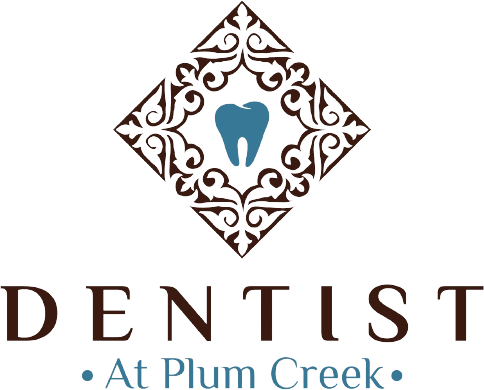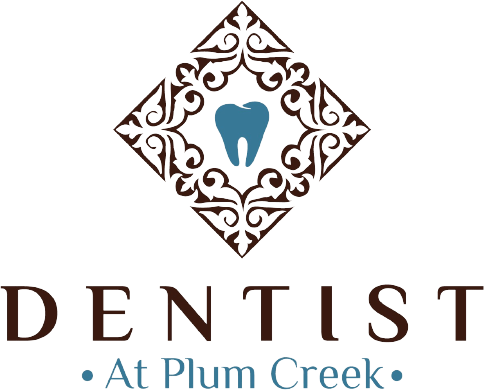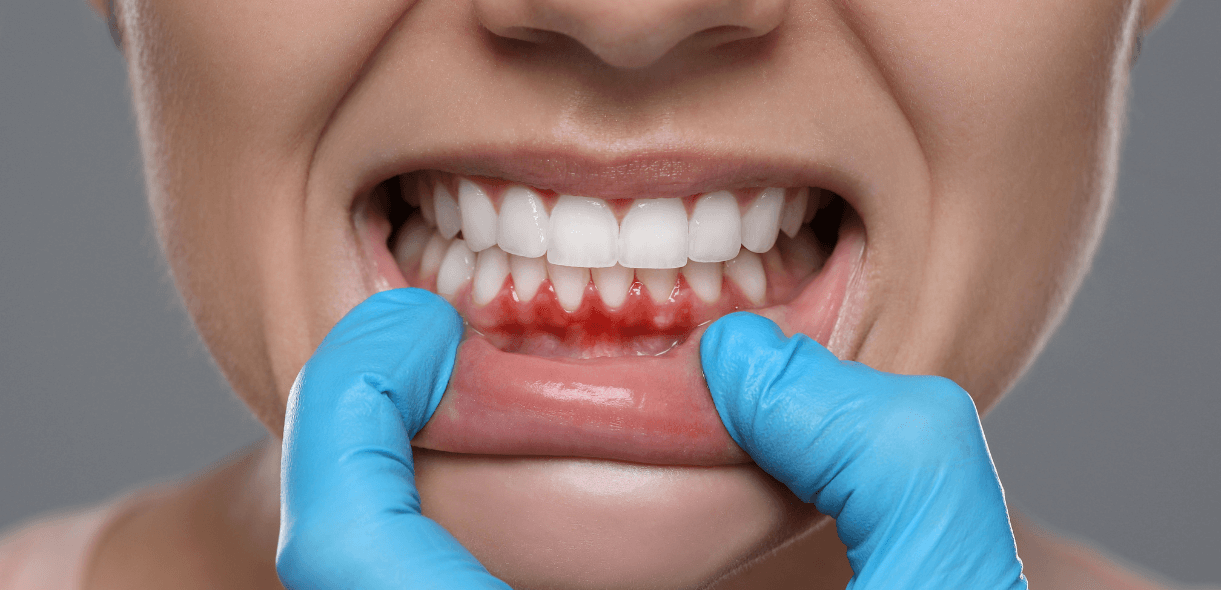$99 New Patient Special - Includes Exam and X-Rays.
How to Prevent Dental Emergencies: Tips for a Healthy Smile
By Dentist At Plum Creek Kyle
A healthy smile is a reflection of good oral hygiene and preventive care. Regular dental check-ups, proper brushing habits, and a balanced diet can significantly reduce the risk of dental issues. Yet, sometimes unexpected problems occur, turning a typical day into a painful experience. Dental emergencies can be distressing, but the good news is that many are avoidable with the right habits and awareness. In this blog, we’ll cover practical steps to help you maintain a strong and healthy smile.
Schedule Regular Dental Check-ups
Visiting the dentist regularly is one of the best ways to prevent dental emergencies. Routine exams allow your dentist to detect early signs of problems, such as cavities or gum disease. Early treatment can stop small issues from becoming major emergencies.
Tips for Effective Dental Visits:
- Schedule a check-up every six months.
- Follow any recommended treatments promptly.
- Discuss any concerns or changes you’ve noticed in your oral health.
Maintain Proper Brushing and Flossing Habits
Brushing and flossing daily are essential for preventing tooth decay and gum disease. These habits help remove plaque and bacteria that can lead to severe dental problems.
How to Brush and Floss Correctly?
- Use a soft-bristled toothbrush and fluoride toothpaste.
- Brush twice a day for two minutes each time.
- Replace your toothbrush every three to four months.
- Floss daily to remove food particles and plaque between teeth.
Use Mouthguards for Protection
If you play contact sports or engage in activities with a risk of facial injury, a mouthguard is crucial. A mouthguard protects your teeth from damage, such as chips or fractures, which can lead to dental emergencies. Even non-contact sports can pose a risk if there’s a chance of a fall or impact.
Types of Mouthguards:
- Stock Mouthguards: Pre-formed, ready to wear, but may not fit perfectly.
- Boil-and-Bite Mouthguards: Moldable and offer a better fit.
- Custom-Fit Mouthguards: Made by a dentist for maximum comfort and protection.
Avoid Hard Foods and Bad Habits
Certain foods and habits can put your teeth at risk. Biting down on hard foods or using your teeth to open packages can cause fractures or break teeth.
What to Avoid?
- Chewing ice, hard candy, or nuts.
- Opening bottles or packaging with your teeth.
- Nail-biting, which can weaken enamel.
- Excessive consumption of sugary or acidic foods contributes to decay.
Prioritize a Healthy Diet
A balanced diet plays a significant role in maintaining strong teeth and gums. Foods rich in calcium, vitamin D, and phosphorus support oral health, while sugary snacks can increase the risk of cavities.
Healthy Eating Tips:
- Eat plenty of fruits and vegetables.
- Choose dairy products or fortified alternatives for calcium.
- Limit sugary drinks and snacks.
- Drink plenty of water to stay hydrated and rinse away food particles.
Learn How to Handle Dental Emergencies
Despite your best efforts, accidents can happen. Knowing what to do in an emergency can make a significant difference. Acting quickly can reduce pain and prevent further damage.
What to Do in a Dental Emergency?
- Toothache: Rinse with warm water, use floss to remove debris, and apply a cold compress.
- Knocked-Out Tooth: Keep the tooth moist, try to place it back in the socket, and see an emergency dentist immediately.
- Broken Tooth: Rinse with warm water, save any pieces, and use gauze for bleeding. Seek prompt care.
- Lost Filling or Crown: Use dental cement as a temporary fix and contact your dentist.
Don’t Ignore Early Warning Signs
Ignoring small dental issues can lead to bigger problems. Sensitivity, mild pain, or bleeding gums shouldn’t be overlooked. Addressing these symptoms early can help you avoid an unexpected trip to the emergency dentist.
Early Signs to Watch For:
- Bleeding after brushing or flossing.
- Persistent bad breath.
- Tooth sensitivity to hot or cold.
- Discomfort when chewing.
Stay Hydrated and Use Fluoride
Fluoride strengthens tooth enamel and can help prevent decay. Drinking plenty of water not only keeps you hydrated but also rinses food particles from your mouth. If your water supply lacks fluoride, consider using fluoride toothpaste or mouthwash.
Tips:
- Use a fluoride toothpaste daily.
- Consider a fluoride mouth rinse.
- Ask your dentist about fluoride treatments if you are at high risk of decay.
Teach Kids Proper Dental Care
Teaching children good oral hygiene habits from a young age can prevent many dental problems. Make dental care a fun and engaging part of their daily routine to build lifelong habits.
Ways to Encourage Healthy Habits in Kids:
- Make brushing and flossing a family activity.
- Use a timer to ensure they brush long enough.
- Choose fun, flavored toothpaste.
- Reward them for consistent brushing and flossing.
Preventing dental emergencies is largely about consistency and making smart choices. Regular dental visits, good oral hygiene, and a healthy diet can go a long way in keeping your smile safe. And if an accident does occur, knowing how to handle it can make a big difference in the outcome. Remember, a proactive approach is the best way to protect your teeth and avoid unexpected visits to the emergency dentist. Take care of your oral health today to ensure a brighter, healthier smile for tomorrow!






